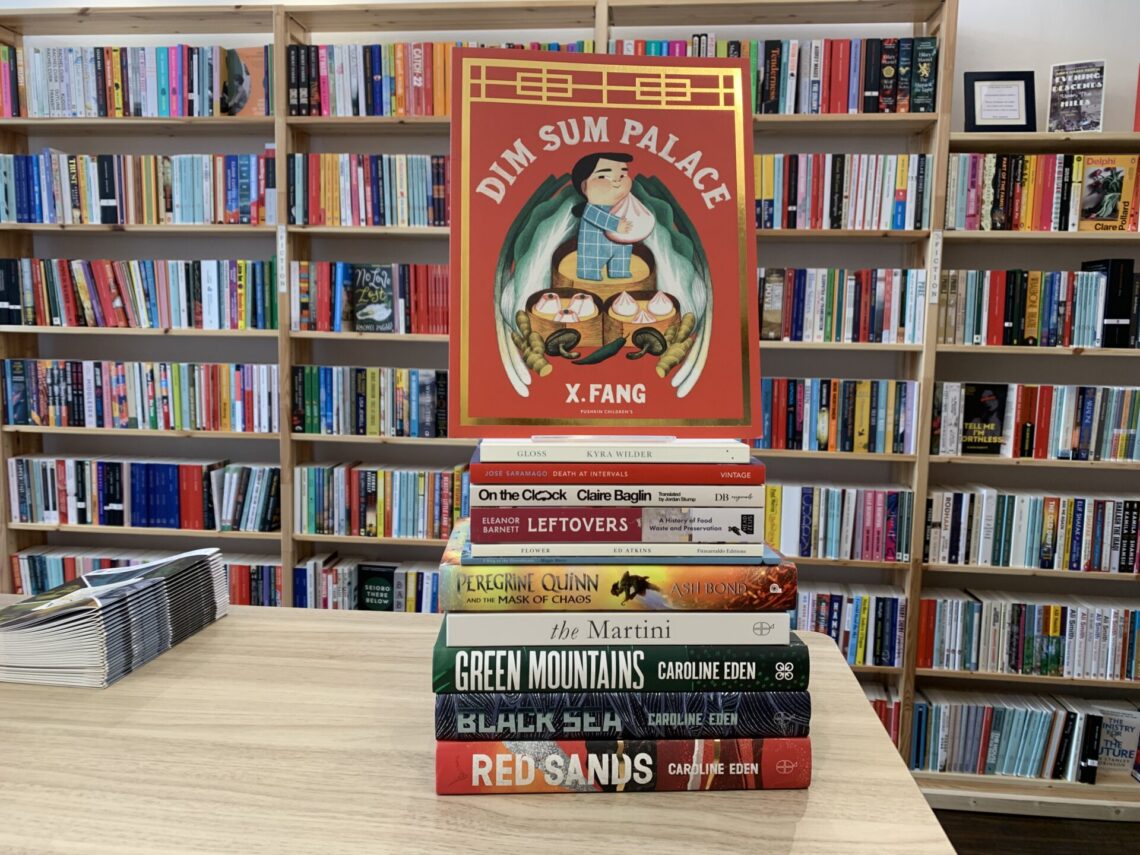
On the Menu in Arcadia – 12 April 2025
Discussions in our book groups frequently turn to the importance (or not) of likeability in a main character or narrator. Linked to this, though quite different, often we find ourselves considering how much we identify with a character, always an interesting admission when they are particularly reprehensible.
I am very happy to read books told by people with whom I have little in common and whose attitudes or behaviour are not likely to get them invited to many dinner parties. But it is lovely to meet someone in a book and think, ‘here is a kindred spirit.’ Liddy in Dim Sum Palace by X Fang is just that. She cannot wait for bedtime because, when tomorrow comes, she and her family are going to the Dim Sum Palace. Yet, with all that anticipation, she cannot possibly sleep. Then the scent of dumplings tempts her out of bed…
I identify with her over-excitement and food-filled dreams though perhaps I should not admit to a slight difference: to going to bed picturing a tomorrow which promises the ideal martini. Look, we all need aspirations. Whether you are a ‘shine a light through the vermouth then chuck it away as good for nothing’ or a ‘more pickle juice please’ person, you do need The Martini by Alice Lascelles. As well as a guide to perfection, The Martini is a history of the drink and its culture over the past 150 years.
Please stop adding espresso to mine. It’s hard enough to sleep as it is what with all the excitement about breakfast options.
Inspiring dreams of food and travel, Caroline Eden’s Green Mountains is an account of her walks through Armenia and Georgia and the food enjoyed, with recipes embedded as ‘edible postcards’. I have so far tried the Svan Bloody Mary (and now find it impossible not to cover everything in Svan salt) and the delicious soup which Eden and her husband ate after nearly being killed in a thunderstorm at the top of a mountain. I made the soup after reading Death at Intervals by José Saramago, a novel in which death stops working. I don’t know whether near death or no death makes for the better meal but it was delicious.
Green Mountains joins Black Sea and Red Sands – the former exploring Odesa, Istanbul and Trabzon, the latter beginning on the shores of the Caspian Sea in springtime and ending in autumn in the Fergana Valley – to form a sumptuous combination of travel, social history and recipes steeped in stories (and, sometimes, in wine and cigarette smoke), as well as being thoughtful considerations of the political situations in the countries she adores, some of which she can no longer visit except through cooking and writing.
Something similar happens in Maggie Harris’s poetry collection I Sing to the Greenhearts in which food, plants and landscape transport the reader across place and time, from Guyana to Wales through colonial histories to the modern day. ‘Mr Plantain’ moves from Brixton back to the fruit’s origin, telling a serious story with wit and songlike rhythm.
It’s doubtful that you’ll have any leftovers after trying Eden’s recipes – especially not if, like her, you have walked several miles uphill in the burning heat prior to the meal – yet a third of the world’s food is wasted.* Leftovers: A History of Food Waste and Preservation by Eleanor Barnett examines our eating, cooking and preserving habits from the sixteenth century onwards. From a history of pickles through the invention of the tin can to advice from Mrs Beeton, much of this has implications for our wasteful behaviour today. The squeamish may wish to skim the eighteenth-century advice on how to ‘recover’ bird entrails when already going bad. Not to mention the chapter on McDonald’s. But, of course, looking away is partly what got us here.
Having said that, I have thoroughly enjoyed two books centred around the unappetising: On the Clock by Claire Baglin, a novel about a woman working in a fast-food chain, exploring class, bureaucracy and the absurdity of the mundane and Flower by Ed Atkins a compulsive stream of ideas beginning with a paean to the clammy supermarket wrap, reaching out a mayonnaise-encrusted hand to yours and encircling you in an absorbing/absorbent picture of life.
Gloss by Kyra Wilder will also keep you up at night – a novel in which three young women pick crisp apples, though this potentially Edenic setting is anything but. They cannot eat the apples but their voices will bite you. Loosely they are a version of the Hesperides, the Ancient Greek daughters of the evening, though their story is its own, feral and bruised.
I offer the antidote to this in the form of Peregrine Quinn and the Mask of Chaos by Ash Bond, the second in the mythology-infused story following mortal Peregrine and her adventures in the Cosmic Realm. Competitors are preparing to take part in the Cosmic Games, fighting for kudos and a golden apple. Peregrine’s mother thinks she ought to stay at home in Oxford but a letter from the goddess Athene changes that…
Joining all the Edenic, verdant, pastoral, apple-y (maline?) slices, may I invite you to our own Arcadia this evening. Do come along at 5pm for a poetry reading from Deborah Harvey. The event is free, the poetry comestible (celestial? -Ed.), the drinks sparkling.
May your weekend bring vermouth and gin together faultlessly,
Lizzie
P.S. We are open as usual throughout the bank holiday weekend, breaks for apples notwithstanding.
*Before you report me to Radio 4’s More or Less for undisciplined statistical abandon, do read the book.
Featured in the newsletter
-
Dim Sum Palace
£8.99 -
The Martini
£18.99 -
Green Mountains
£28.00 -
Black Sea
£28.00 -
Red Sands
£30.00 -
Death at Intervals
£9.99 -
I Sing to the Greenhearts
£10.99 -
Leftovers: A History of Food Waste and Preservation
£10.99 -
On the Clock
£9.99 -
Flower
£12.99 -
Gloss
£12.99 -
Peregrine Quinn and the Mask of Chaos
£12.99 -
Love the Albatross
£11.00



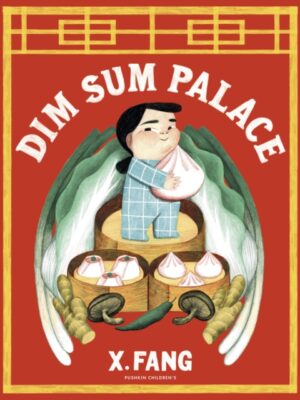
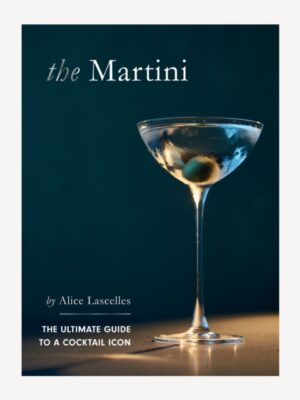
![9781787138513[1] Green Mountains](https://www.heronbooks.co.uk/wp-content/uploads/2025/04/97817871385131-300x400.jpg)
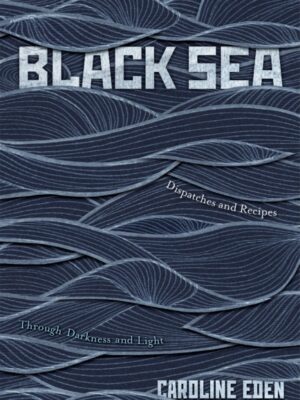

![9781784871789[1] Death at Intervals](https://www.heronbooks.co.uk/wp-content/uploads/2023/12/97817848717891-300x400.jpg)
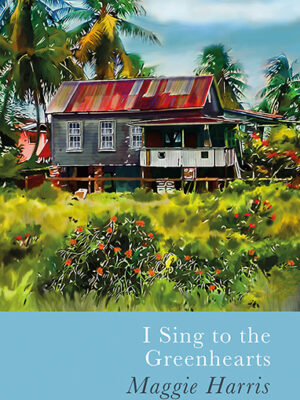
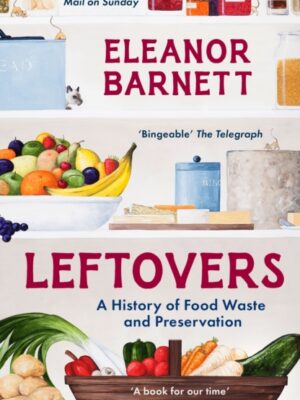



![9781800786844[1] Peregrine Quinn and the Mask of Chaos](https://www.heronbooks.co.uk/wp-content/uploads/2025/04/97818007868441-300x400.jpg)



